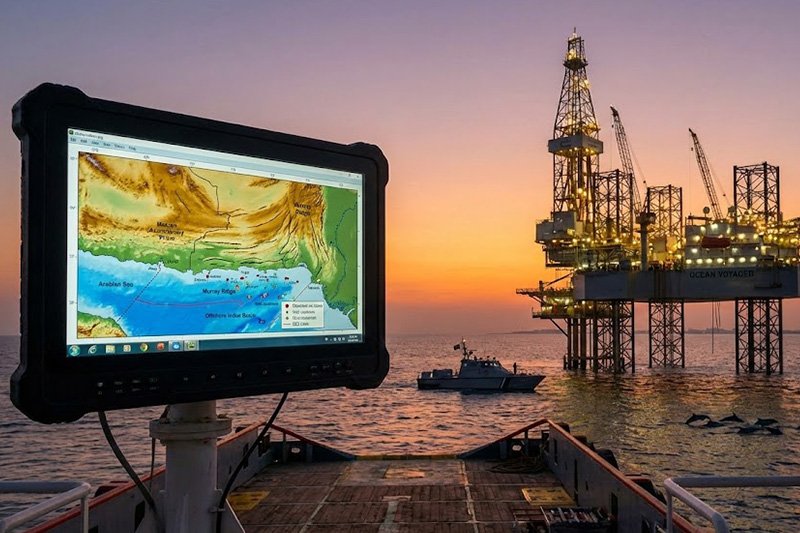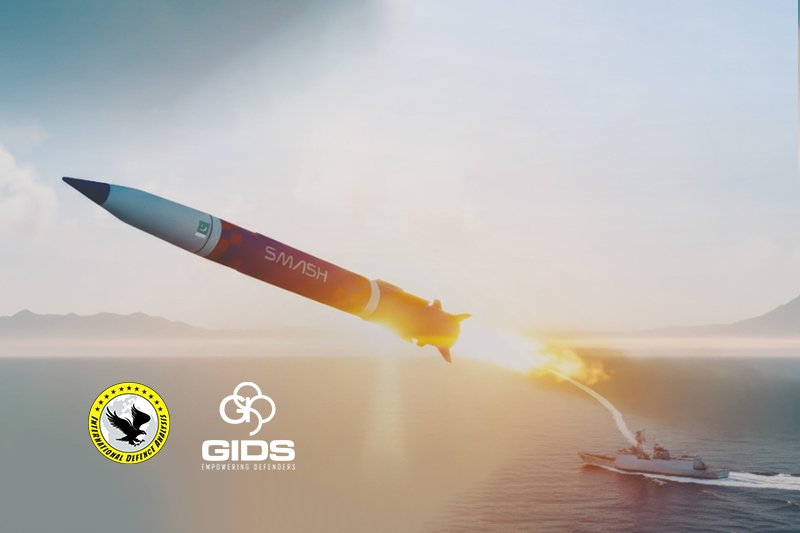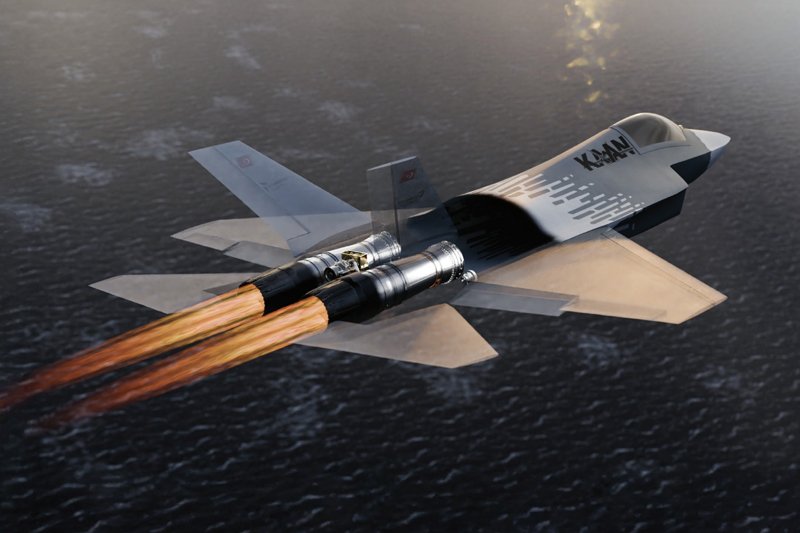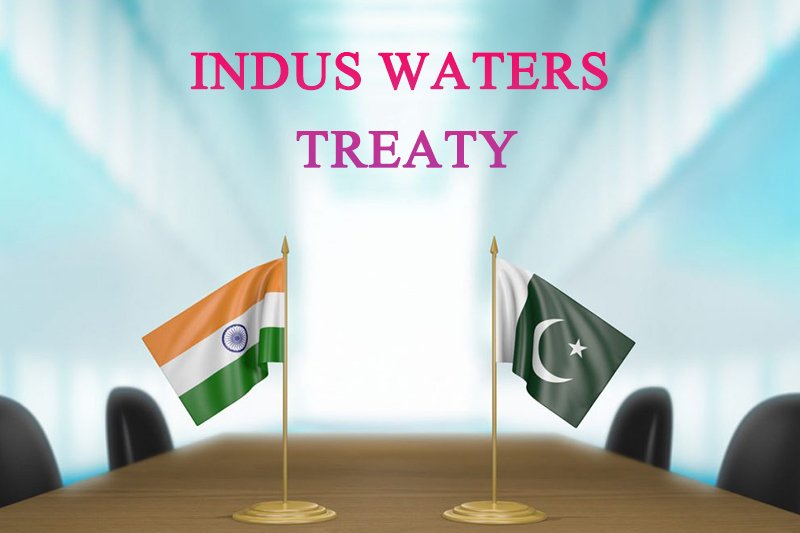Indus Waters Treaty: Flashpoint in India-Pakistan Relations?
India has served a formal notice to Pakistan seeking a review and modification of the 62-year-old Indus Waters Treaty (IWT). India has raised concerns about changes in population demographics, environmental issues, and the need for clean energy development to meet emission targets, which are key reasons for this reassessment.
The IWT, signed in 1960, is a pivotal agreement that governs the distribution of the six rivers flowing from the Himalayas, crucial for both India and Pakistan. However, recent developments indicate that this treaty may be under threat, particularly from India’s desire to renegotiate its terms. This poses a serious concern for Pakistan, as India continues dam construction on rivers that the treaty designates for Pakistan.
BACKGROUND OF THE TREATY
The IWT was formulated following the Partition of India in 1947 when both nations recognized the need for equitable water sharing amid shared river systems. The treaty allocates the three eastern rivers – Ravi, Sutlej, and Beas – to India, while Pakistan has rights to the three western rivers – Indus, Jhelum, and Chenab. Under this framework, India is obligated to let the waters of the western rivers flow into Pakistan.
INDIA’S DAM PROJECTS & PAKISTAN’S CONCERNS
India has constructed multiple dams and hydroelectric projects on the Chenab and Jhelum rivers, including the Ratle, Baglihar, and Kishanganga projects. While India asserts these developments comply with IWT and do not disrupt water flow into Pakistan, Islamabad perceives them as strategic threats. Pakistan fears that India could manipulate these dams’ storage capacities to restrict water flow during political or military tensions, jeopardizing its agriculture and water supply. Hence; the dams could be threat to existential threats.
Pakistan’s Ministry of Foreign Affairs has consistently stated that India’s dam designs violate the IWT’s spirit by giving India control over water flow. Although these dams may not immediately reduce water availability, they could be leveraged as tools of pressure or coercion. Under Indian PM Modi’s leadership, India is accused of engaging in “water terrorism,” using water access as a weapon against Pakistan.
Pakistan maintains that there is no need to renegotiate the IWT because it fundamentally addresses the distribution of rivers rather than the allocation of water. This clear division means that each country has its own rivers to manage and utilise. Pakistan argues that since it has full rights over the western rivers, there should be no concern regarding India’s activities on its own allocated rivers. Consequently, any calls for renegotiation are viewed as unnecessary and potentially harmful to Pakistan’s established water rights under the treaty.
Also read this: Israel Targets Hezbollah Communication Devices with Explosives
The IWT has been a vital framework for managing rivers between India and Pakistan for over six decades. However, India’s construction of dams on Pakistani rivers, coupled with its calls for treaty renegotiation, pose a significant threat to Pakistan’s water security. India’s insistence that these dams do not affect water flow is met with skepticism in Pakistan, where there is growing fear that India could use these dams to curtail water supplies during times of conflict. Indian PM Modi’s aggressive stance toward Pakistan has intensified these concerns, with Pakistan increasingly accusing India of engaging in water terrorism by using dams to manipulate water flow.
Author: Ali Basit
Keep connected with us at Facebook, Twitter, YouTube, Instagram & TikTok for latest defense happening around the globe.
Discover more from International Defence Analysis
Subscribe to get the latest posts sent to your email.












